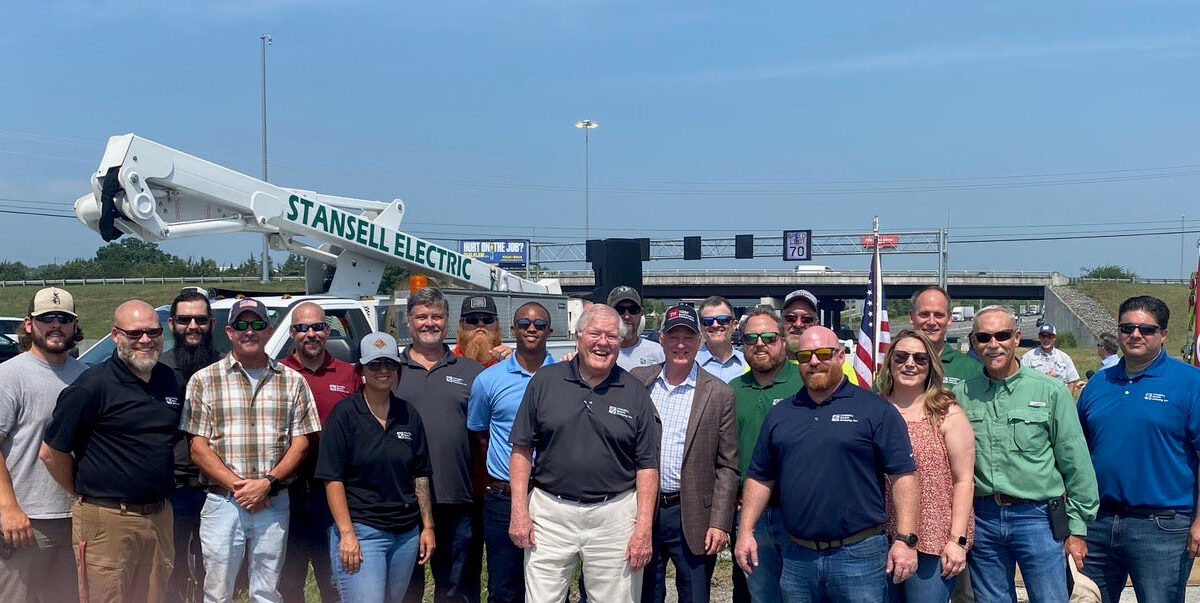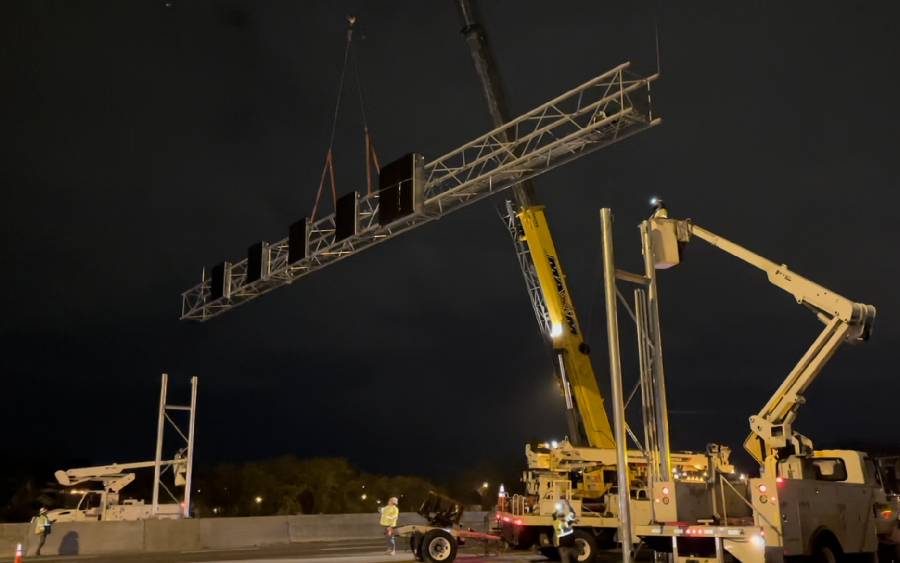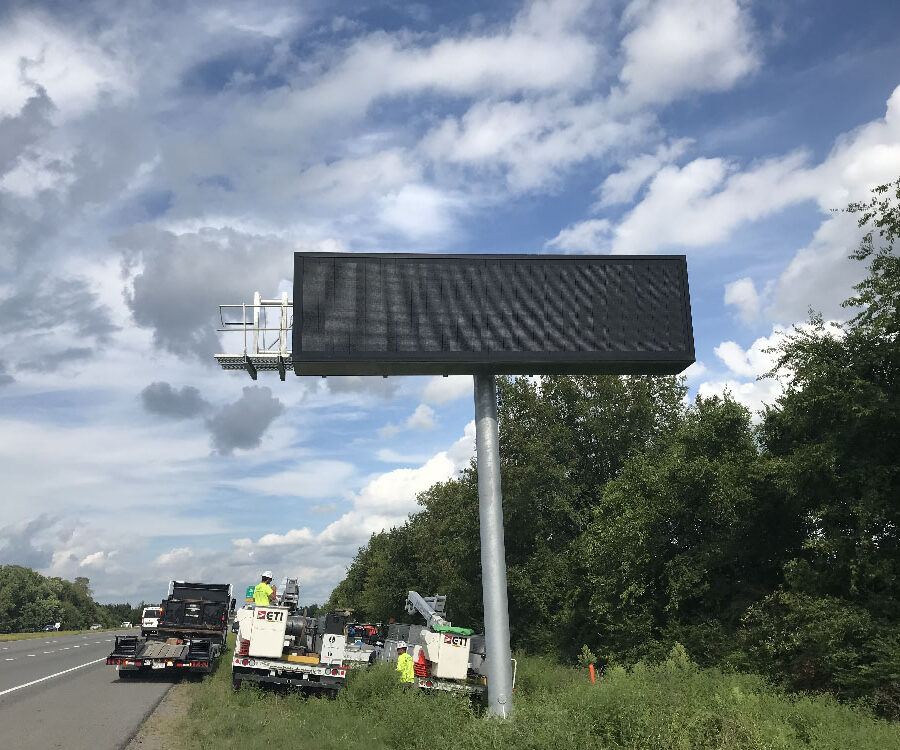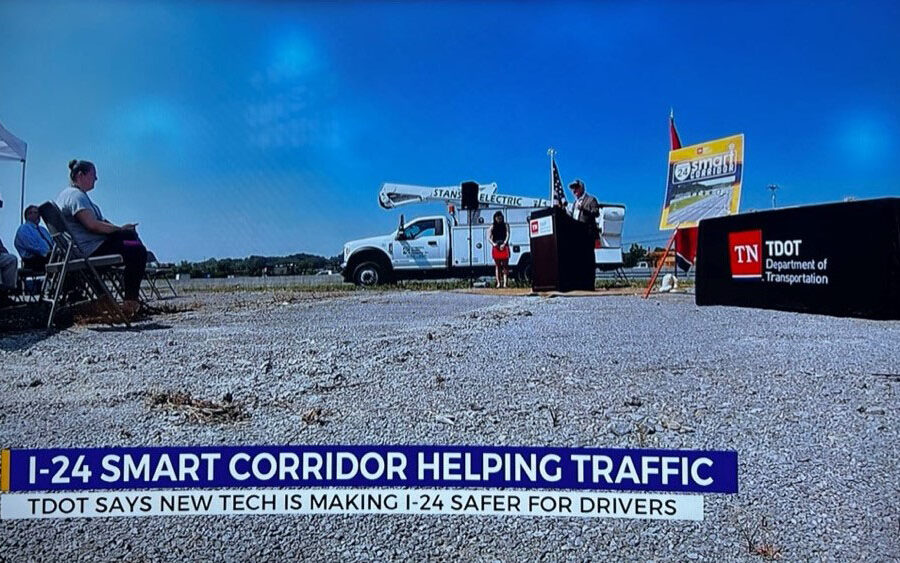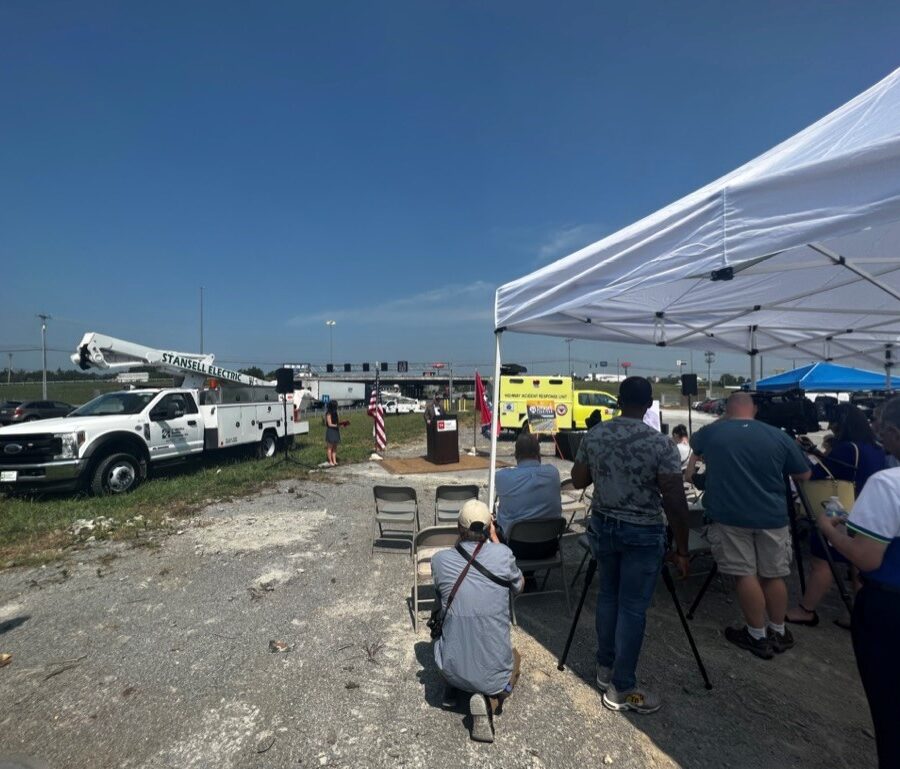I-24 Smart Corridor Phase 2 Project
The I-24 Smart Corridor Phase 2 project was a significant undertaking aimed at improving traffic management and infrastructure along the I-24 corridor, encompassing the areas of Davidson and Rutherford counties.
The success of the I-24 Smart Corridor Phase 2 project heavily relied on collaboration among various stakeholders. The project team worked closely with TDOT, the City of Lavergne, NDOT, the Town of Smyrna, and the City of Murfreesboro, along with industry partners such as Vulcan Materials and Arcadis. Regular meetings were held to discuss project milestones, resolve issues, and ensure efficient coordination among all parties involved. This collaborative approach enabled effective decision-making and the seamless implementation of the project.
To achieve the project’s objectives, the implementation of new technologies and software was crucial. The project team incorporated advanced traffic management systems, including real-time monitoring and adaptive signal control, to optimize traffic flow along the corridor. Multiple communication technologies such as CCTV cameras, fiber optic networks, and wireless sensors were deployed to gather data and enable seamless communication between devices and the central control system. This integration of communication technology and software significantly enhanced the project’s ability to monitor and manage traffic conditions efficiently.
Several key components were implemented as part of the I-24 Smart Corridor Phase 2 project:
- Adaptive Signal Control System (ASCS): The ASCS dynamically adjusts signal timing based on real-time traffic conditions, improving traffic flow, and reducing congestion. This system has significantly reduced travel time and improved overall traffic efficiency.
- Incident Management System (IMS): An integrated IMS was implemented to quickly detect and respond to incidents along the corridor. This system enables real-time incident reporting, coordination with emergency services, and timely diversion of traffic to minimize disruptions.
- Dynamic Message Signs (DMS): DMS displays real-time information to drivers, providing important updates on traffic conditions, incidents, and alternate routes. These signs contribute to better driver awareness and decision-making, improving overall safety and reducing congestion.
The benefits of these key components to traffic management have been substantial. Reduced travel times, improved traffic flow and enhanced overall safety have been observed along the I-24 corridor. Commuters and commercial vehicles alike have experienced smoother and more predictable journeys, thereby boosting productivity and supporting economic growth in the region.
The I-24 Smart Corridor Phase 2 project encountered several challenges during its construction phase. These challenges include:
- Pandemic-Related Disruptions: The project commenced in February 2020, coinciding with the onset of the COVID-19 pandemic. Delays in material procurement and cost increases due to global supply chain disruptions posed significant challenges. Nonetheless, close monitoring and coordination with suppliers helped mitigate these obstacles and ensured the timely delivery of project components.
- Traffic Management: Effective traffic management during construction was crucial to minimize disruptions to commuters. Night work and extensive planning were employed to minimize delays and maintain traffic flow during peak hours. Traffic control measures were implemented to redirect vehicles and ensure worker and commuter safety.
The I-24 Smart Corridor Phase 2 project has been a resounding success. Despite the challenges faced during its implementation, the project team demonstrated resilience and dedication, leading to the integration of new technologies and over 3,000 devices into the system. This resulted in improved traffic management, reduced congestion, and enhanced overall traffic safety. Collaboration with multiple stakeholders, integrating communication technology and software, and overcoming construction challenges are testaments to its success. The I-24 Smart Corridor Phase 2 project stands as a model for efficient infrastructure development and traffic management, setting a positive precedent for future projects within the region.

